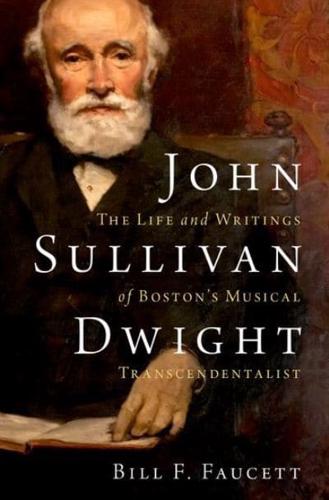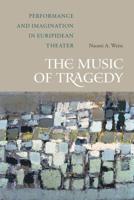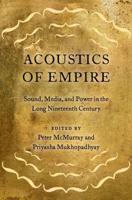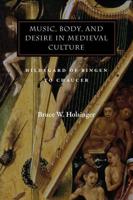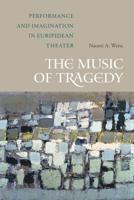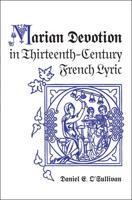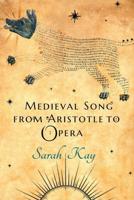Publisher's Synopsis
John Sullivan Dwight (1813-93) was, for much of the nineteenth century, America's leading music critic. Born into a musical family and educated at several premier Boston schools, he fell under the spell of New England Transcendentalism and befriended Ralph Waldo Emerson, Elizabeth Palmer Peabody, Margaret Fuller, George Ripley, and others of a similarly progressive mindset. Dwight resided at the socialist/utopian community of Brook Farm where he learned the art of journalism and wrote on many topics--Transcendentalism, of course, but especially on music and musical performance. After the demise of Brook Farm and several years as a journeyman writer, Dwight launched Dwight's Journal of Music: A Paper of Art and Literature in 1852. It was a newspaper that firmly established him as a serious music critic and in its time spoke to America's growing appetite for art music. By charting Dwight's relationships with other writers, musicians, and thinkers, as well as his evolution into a powerful and persuasive writer in his own right, this book situates his story in its nineteenth century and Transcendental contexts and provides the first thorough account of music and the arts at Brook Farm. Dwight's enormous body of essays, reviews, translations, correspondence, and other various writings are illuminated in this biography and reveal the indelible influence Dwight's Journal had on music criticism--the impacts of which resonate today.
